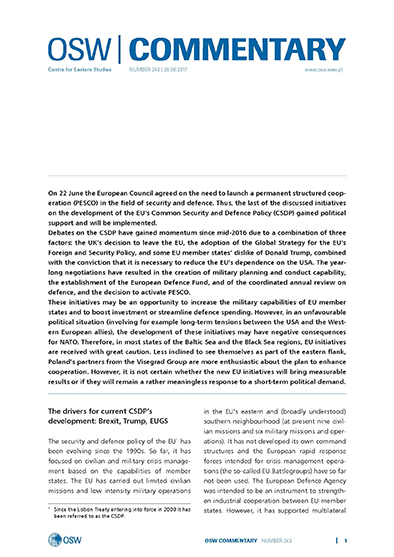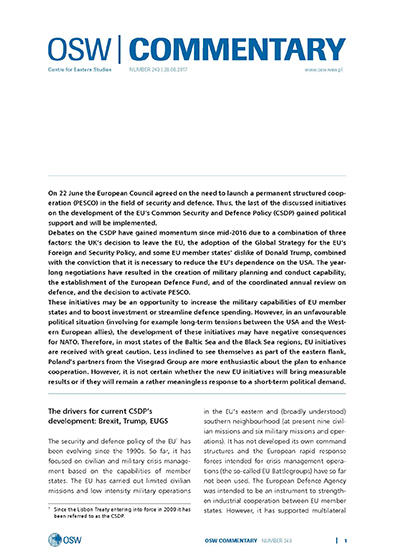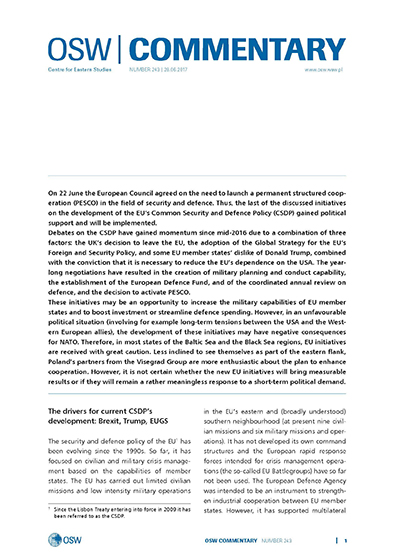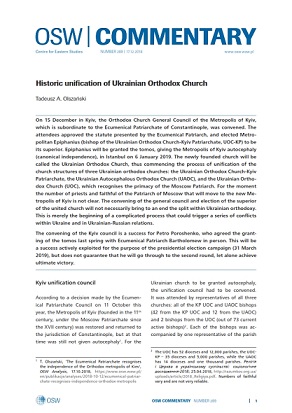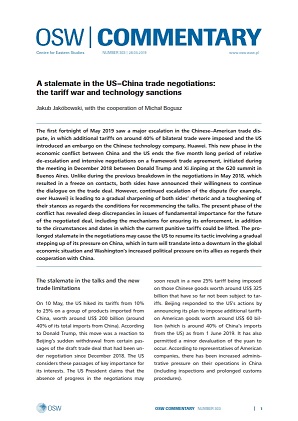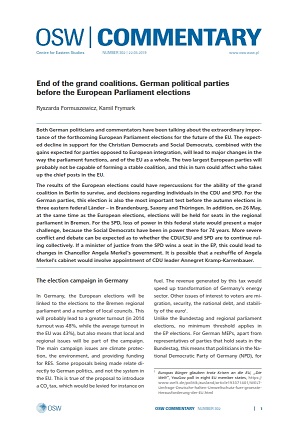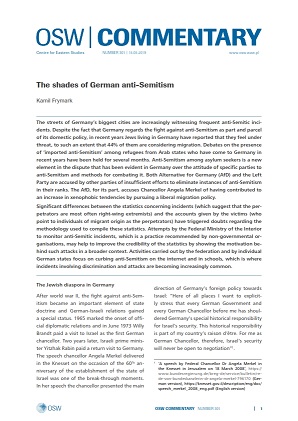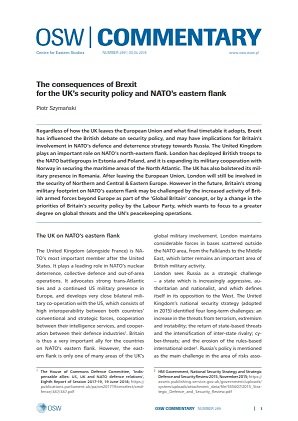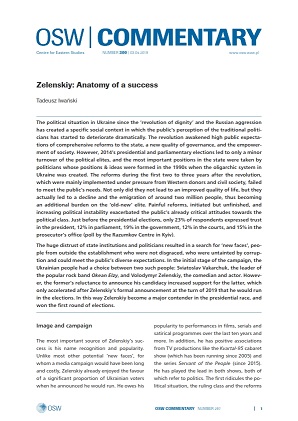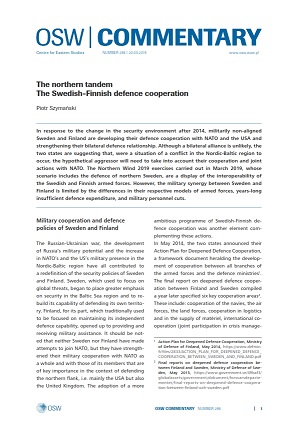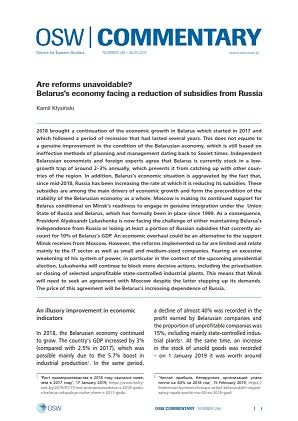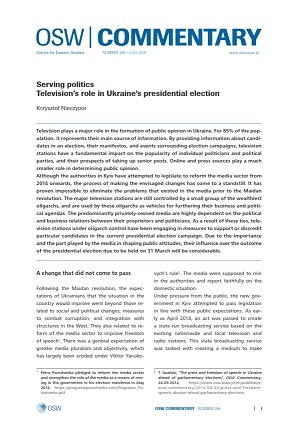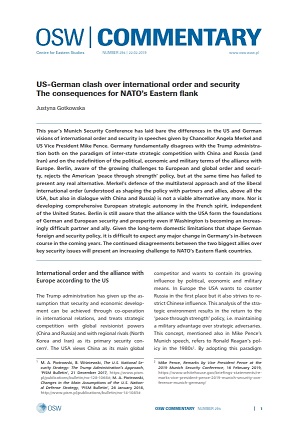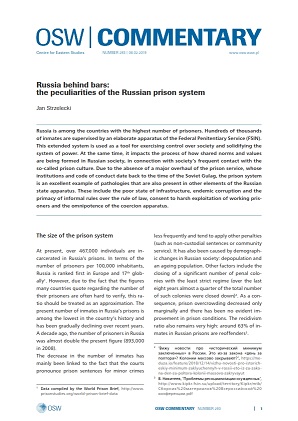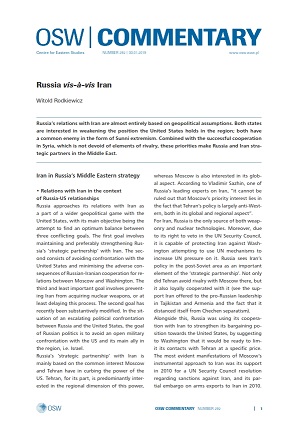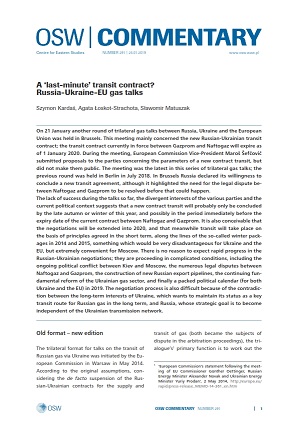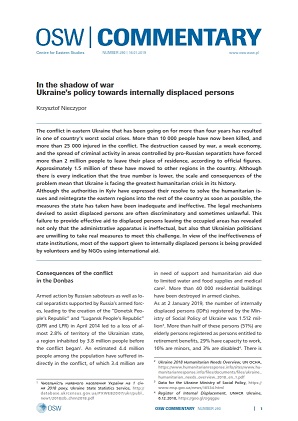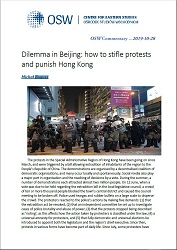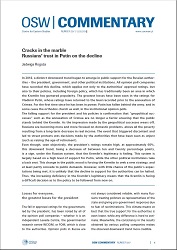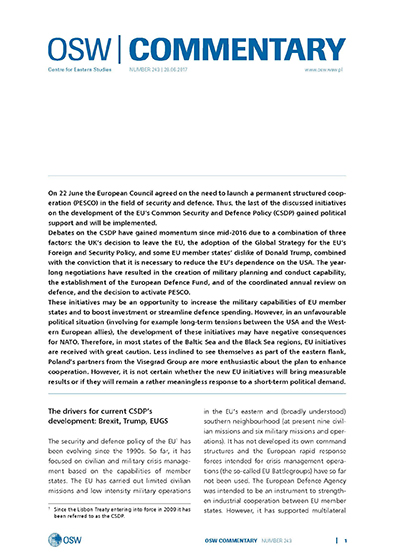
Crisis in Turkmenistan. A test for China’s policy in the region
Crisis in Turkmenistan. A test for China’s policy in the region
Keywords: Turkmenistan; China
The currency crisis, caused by the collapse in gas prices, has turned into the most serious social and political crisis in the history of Turkmenistan. The government in Ashgabat has passed the burden of the economic problems onto the population, suspending the convertibility of the manat and dismantling the extensive social security system. The drastic reduction in the standard of living of Turkmenistan’s population has undermined the stability of the regime. The depletion of Turkmenistan’s foreign exchange reserves could bring an end to the monumental state investment programme which – together with the social security system – is the main source of the regime’s legitimacy. The current dynamics of the crisis are fully dependent on China, the sole recipient of Turkmenistan’s gas (receiving more than 90% of total gas exports) and Ashgabat’s main creditor. The terms of the Chinese-Turkmen contracts (apparently linking gas prices with oil prices) is leading to a drain of Turkmen resources and reducing the inflow of foreign currency. China may be faced with the need to stabilise the economy of Turkmenistan. In the absence of any rescue actions, there is a considerable risk of the collapse of the Turkmen state. However, any greater involvement by China could mean a violation of the Chinese-Russian modus vivendi in the region. Moscow could take advantage of the crisis to rebuild its influence in Ashgabat, and include Turkmenistan within its own political integration projects within the region, resuming gas cooperation and offering military assistance to stabilise the regime.
More...
